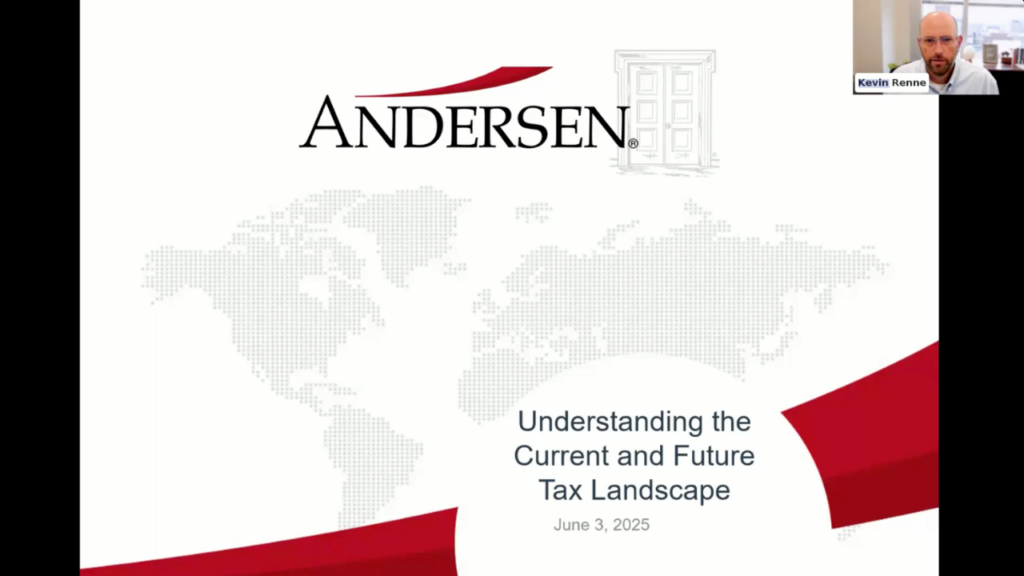Elon Musk, the Cargill-MacMillan family, the Koch brothers, Andrew Cherng… These are just a few of the owners of some of the world’s largest privately-held corporations. In recent years, the five largest privately-held companies in the world had combined annual revenues of close to a trillion dollars.
Like other corporations, privately-held companies issue stock shares that represent a unit of ownership interest in the company. Unlike publicly-traded companies, however, privately-held company stock is not listed on any of the public exchanges.
Also like other corporations, many privately-held companies make shares available to employees in the form of stock options, incentive compensation, and other forms. Such an ownership interest in a thriving privately-held company can represent a significant wealth-building opportunity, but holding a concentrated position that makes up a significant portion of an investor’s net worth also carries some downside risks. In this article, we’ll take a look at both sides of the coin.
Benefits of Privately-Held Companies
There are several very good reasons why a company might choose to remain private, rather than offering shares to the public. Perhaps the most important of these is the amount of control remaining closely-held provides to the founders and other principals. Because privately-held shares are not subject to the same rules and disclosures that apply to publicly-traded firms, owners have greater flexibility and freedom. They also have more control over directorships, board members, and other leadership matters. Another advantage is that private companies are often able to take a longer-term view, since they need not be as concerned about short-term stock prices, dividends, and other factors that shareholders of public companies tend to focus on. Private companies are also unlikely to see as much fluctuation in share value, since their shares are not publicly traded.
Disadvantages
Of course, there are also drawbacks for private companies. For one thing, they have more restricted access to capital markets than public companies, which are able to offer shares on an open market. While private equity and venture capital may provide alternative sources of capital for private companies, these do not often match the scale of the funding available through a public stock offering. A second major disadvantage—and the one that is probably most important to those who own stock in a private company—is the lack of liquidity for investors. Unlike publicly traded stock that can be sold and bought on an exchange, the purchase and sale of privately-held company stock is more complicated, so converting these shares into cash can be difficult.
Owning Privately-Held Stock
The most common way that individuals acquire privately-held stock—leaving aside founders and their families and those in significant leadership positions—is by means of stock options or incentive compensation granted by the company. Over the years, those who have built careers in successful private companies may find themselves in the position of having a significant percentage of their net worth represented by these assets.
What happens if someone in this position decides to retire and wants to convert their holdings of privately-held company stock into cash or to diversify into other asset types? Because the stock is not traded publicly, they must consider company policy and sources of potential buyers. They should also carefully review the valuation of the shares, since private companies are not subject to the same reporting requirements as publicly traded companies.
Different companies also may have differing requirements for holding periods, exercise terms, and other restrictions. Companies may periodically offer buyback or tender opportunities, and those who wish to sell their shares should inquire about the timing of such offers. Often, the company is the most likely purchaser. It is possible to sell private stock to another investor, but the purchaser must meet certain net worth and income requirements to be an accredited investor.
What this means for the seller is that liquidating privately-held company stock can take longer and afford the seller less control over the timing of the actual sale. For those contemplating the sale of privately-held stock, it will be important to discuss the potential tax consequences with a qualified tax advisor. Additionally, the services of a professional, fiduciary financial advisor or wealth manager can be very valuable as the investor makes decisions about how to reallocate the proceeds of the sale.
At JFS Wealth Advisors, we want clients to be well-informed about all their choices. To learn more, please visit our website to read our article, “What Are My Options? Decoding the Basics of Stock Options.”

















